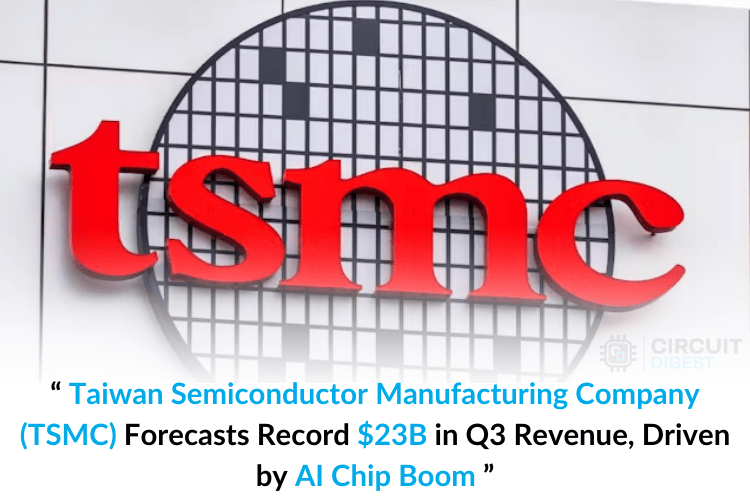Electronics News
Archive : 16 October 2024 год
The mission is aimed at providing crucial data to support various ongoing international programs. More specifically, these observations will be instrumental in the search for exoplanets, the characterization of stars, and the observation of bright transient phenomena such as supernovae and kilonovae.

“This initiative represents the first time we are developing an astrophysical satellite through Open Cosmos, which will generate valuable insights into NewSpace technologies and enhance collaboration between the public and private sectors,” states Rafel Jordà Siquier, CEO and Founder of Open Cosmos.
This 12U CubeSat will carry an astronomy payload that has been designed and built by the IEEC. It will be equipped with two telescopes, enabling it to scan and photometrically track the entire visible sky every two days, utilizing an innovative system of rotating mirrors to observe in both visible and ultraviolet spectral bands.
The satellite is expected to launch by the end of 2025 and will operate in a sun-synchronous low Earth orbit at an altitude of no less than 500 km.
This new partnership between Open Cosmos and the IEEC follows previous successful collaborations, such as the launch of MENUT, the second satellite mission under the NewSpace Strategy of Catalonia, which is promoted by the Government of Catalonia. Open Cosmos will be responsible for designing and constructing the satellite platform, including a precision pointing system that will allow the satellite to capture images of the most distant stars.
Moreover, the company will provide the infrastructure necessary to operate the satellite and facilitate the transfer of all generated data to the Instrument Operations and Science Data Centre of the IEEC.
PhotSat signifies a major milestone for Open Cosmos, illustrating its growing capabilities and platforms as one of Europe’s leading space technology firms.
It also emphasizes the IEEC’s capacity to spearhead the complete development and utilization of scientific space missions, as well as its commitment to establishing a new space innovation hub in the region. This initiative aims to stimulate economic growth and enhance research infrastructures in space, ultimately benefiting the research and talent ecosystem.
Additionally, the mission will pave the way for the development of academic and industrial infrastructure that can support future end-to-end missions and projects utilizing small satellite technology, all while ensuring rapid development timelines.
This capability is essential for Open Cosmos, as it allows new stakeholders to take advantage of their own space data. This is part of Open Cosmos’s broader mission to democratize access to space by providing affordable mission delivery and increasing access to critical space data.
Taiwan Semiconductor Manufacturing Company (TSMC) is anticipating a 34% year-on-year revenue growth for the third quarter of 2024, projecting revenues to reach $23.1 billion, up from $17.3 billion in the previous year. Analysts have forecasted adjusted earnings per share (EPS) of $1.80, highlighting TSMC’s strong position within the rapidly growing artificial intelligence (AI) sector. As a major supplier of AI chips to leading tech companies like Nvidia and Apple, TSMC plays a crucial role in this expansion. The company's revenue guidance for the quarter ranges from $22.4 billion to $23.2 billion, closely aligning with market expectations.

TSMC’s growth is further bolstered by strategic investments aimed at expanding its manufacturing capacity beyond Taiwan. The company has committed over $65 billion to develop advanced semiconductor manufacturing plants in Arizona and the U.S. This initiative seeks to enhance TSMC’s production capabilities while reducing reliance on Taiwan, especially in light of global supply chain concerns. Additionally, TSMC is considering expanding its operations in Europe, indicating its commitment to addressing the rising global demand for AI chips and mitigating geopolitical risks in Asian markets like China.
Looking ahead, TSMC’s financial performance is expected to remain robust, with gross margins projected to exceed 54.5%. Analysts anticipate revenue growth exceeding 37% for the quarter, surpassing the company's midpoint projections. While there are concerns about potential overinvestment in AI infrastructure, TSMC’s leadership in AI chip production remains strong. Strategic partnerships with industry leaders like Nvidia and AMD, along with the anticipated supply of Nvidia's “Blackwell” chips, continue to strengthen TSMC’s dominant position in the global semiconductor market.
